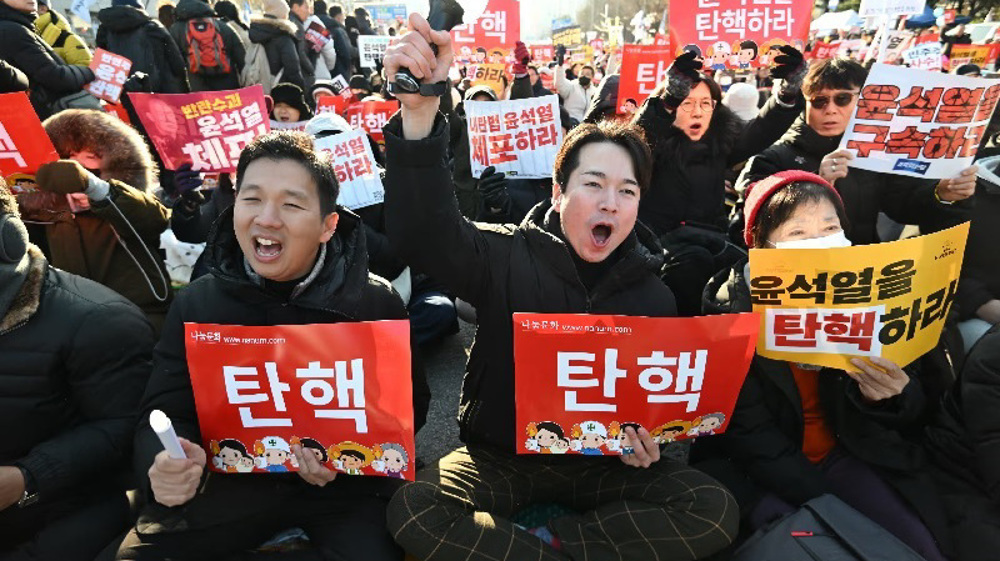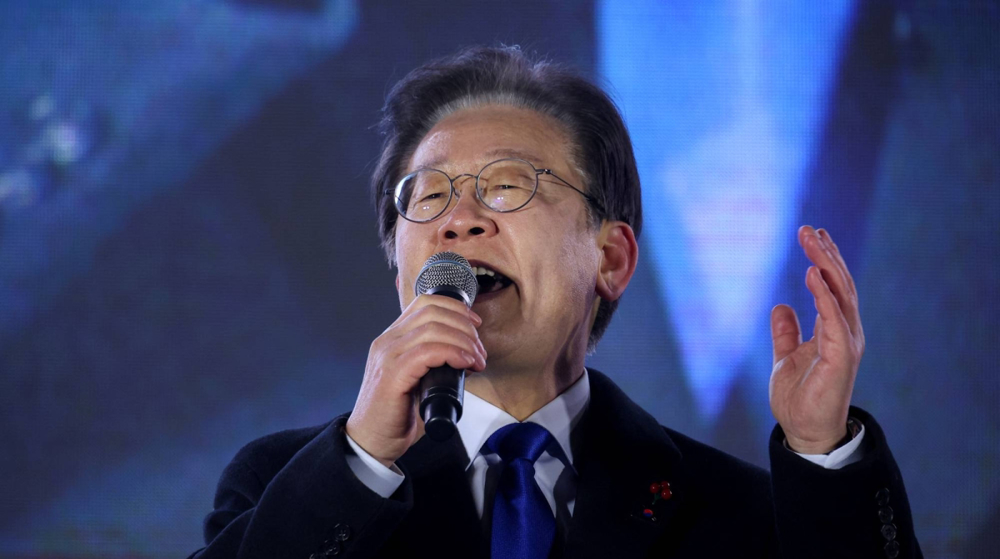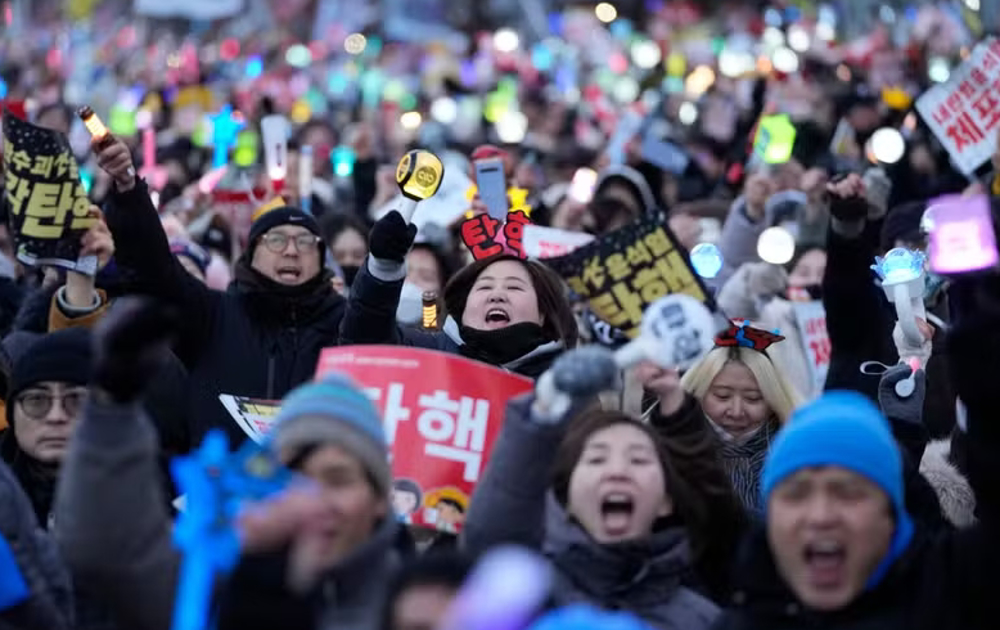North Korea to hold first ruling party congress in over 30 years
North Korea has announced the date of its first ruling party congress in the past 36 years, stoking concerns that the event will coincide with Pyongyang’s fifth nuclear test.
"The Political Bureau of the Central Committee of the WPK (Workers' Party of Korea) decides to open the Seventh Congress of the WPK in Pyongyang on May 6, 2016," reported state news agency KCNA on Tuesday. The previous WPK congress was held in 1980, before the birth of North Korea’s leader Kim Jong-un, and lasted for four days.
Anticipation and speculation for the event have been rising since it was signaled in October last year.
Analysts believe that during the rare event North Korea will officially adopt Kim’s "byongjin" policy which simultaneously pushes for economic development and enhancing nuclear weapons capabilities.
Kim’s Byongjin or “simultaneous push” policy follows his father Jong-il’s songun or “military first” policy and his grandfather Il-sung’s juche or "self-reliance" policy that combines Marxism and extreme nationalism.
The announcement of the date of the congress has also fueled speculations that the North may carry out a nuclear test prior to the event as a display of national pride and power.

On Tuesday, South Korea said that the North is in final stages of preparations to conduct a fifth nuclear test as the country has reportedly placed a new mid-range missile on standby. The South Korean military has also said Pyongyang is technically ready for a nuclear test.
South Korea and the US are concerned that a new nuclear test could take the North a step closer toward manufacturing a warhead small enough to place on a long-range missile.
In March, the UN Security Council unanimously passed a resolution expanding existing sanctions on the North over its missile and nuclear tests.
On January 6, North Korea said it had successfully detonated a hydrogen bomb, its fourth nuclear test, vowing to build up its nuclear program as deterrence against potential aggression from the US and its regional allies.
A month later, Pyongyang launched a long-range rocket which it said placed an earth observation satellite into orbit. However, Washington and Seoul denounced it as a cover for an intercontinental ballistic missile test.
Israeli strikes on north Gaza hospital ‘extremely dangerous, terrifying’: Director
VIDEO | Yemen targets Tel Aviv with Palestine 2 missiles
Pezeshkian: Iran resolved to complete North-South Transport Corridor
VIDEO | Iran-Syria: For Resistance
Qassam Brigades claims killing 3 Israeli troops in northern Gaza
More alive than ever: Sayyed Hassan Nasrallah's legacy grows stronger in martyrdom
Occupation of Syria’s highest peak Mount Hermon part of ‘Greater Israel’ project
Iran: Syrian people will decide their future without foreign interference














 This makes it easy to access the Press TV website
This makes it easy to access the Press TV website